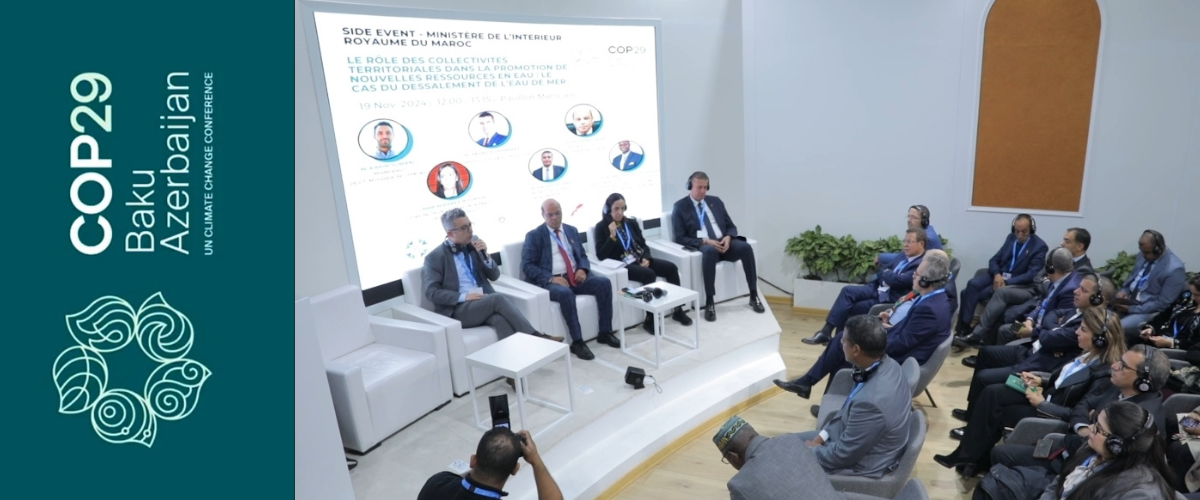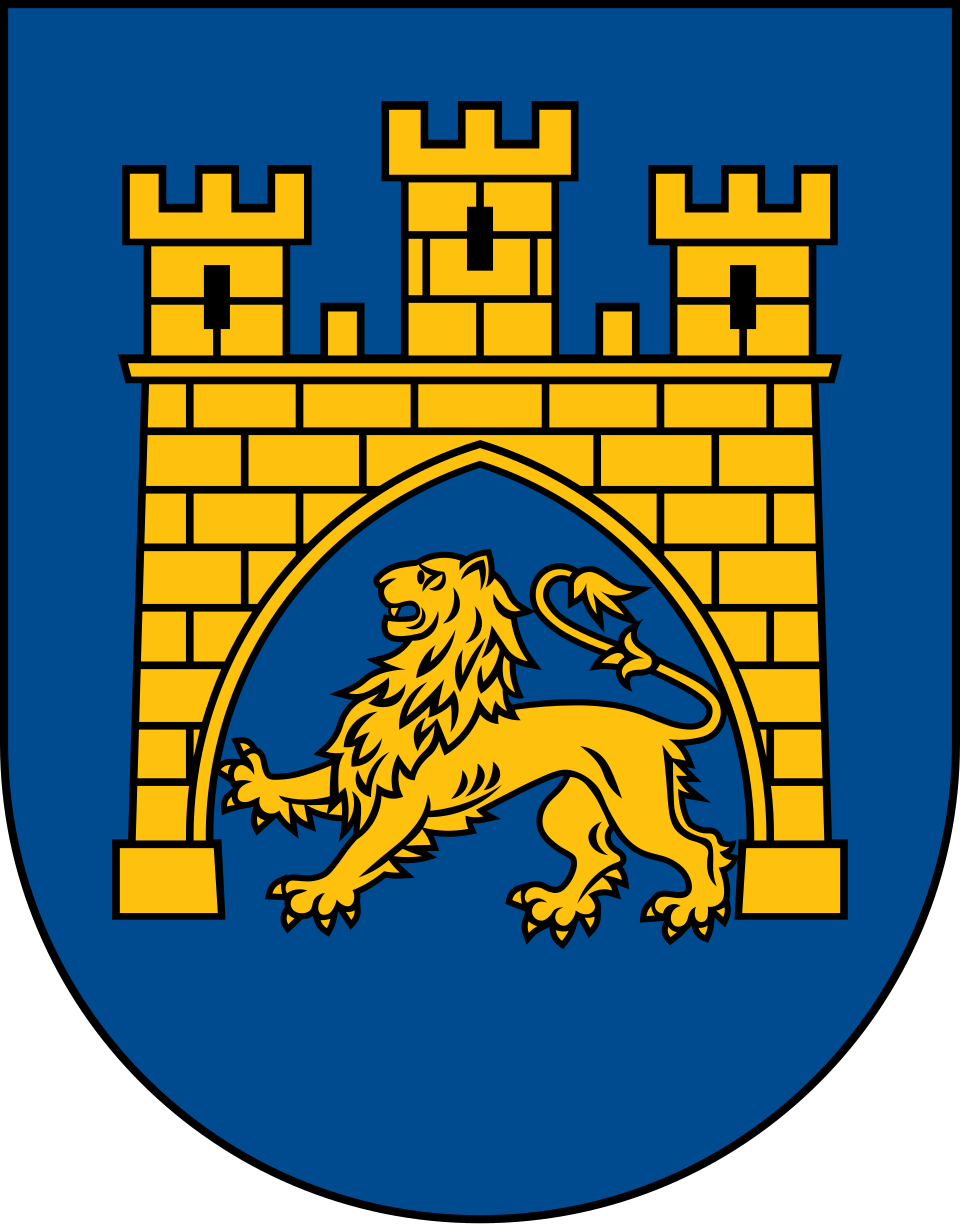The Commitment of Regions Shines Again at COP29 in Baku

COP29 (the 29th Conference of the Parties on Climate Change), held in Baku, Azerbaijan's capital, concluded with an agreement obliging developed countries to contribute at least $300 billion annually to combat climate change by 2035. This figure falls significantly short of initial expectations. The summit's opening, featuring Azerbaijani President Ilham Aliyev asserting that oil was a God-given blessing that could not be abandoned, foreshadowed a tough negotiation. Indeed, this was evident when the initial draft proposed a contribution of only $250 billion. The United States and the European Union argued for a "realistic and achievable" target.
After arduous negotiations, an additional $50 billion was added, yet the document does not specify the source of these funds. The responsibility for payment falls on the United States, the European Union, Canada, Switzerland, Australia, and Japan, but the percentages remain unclear. It is also uncertain whether the funds will come from public aid, loans, or private investment tied to specific projects. Furthermore, the document makes no mention of whether regions—long advocating for a share of these funds at every Conference of the Parties—will have a role in managing these resources. Unlike the final agreement of COP28 in Abu Dhabi, the text does not include any explicit commitment to abandoning fossil fuels. In Baku, only the regions maintained their unwavering commitment to climate action.
Supported by Regions4, regions from all continents participated in debates and numerous events. From diverse locations such as São Paulo and Minas Gerais in Brazil to South Australia, adaptation plans were presented. Regions from Côte d’Ivoire showcased some of their newly established nature reserves. The Basque Country highlighted areas transformed from degradation into incredible public parks. Catalonia engaged on several fronts. Reforestation projects in Guinea and the Cascades of Métché project in Cameroon’s West Region were also displayed, emphasizing biodiversity conservation and tourism potential. Gossas, Senegal, reaffirmed its leadership in climate initiatives with its Green Schools project. Kenya’s Council of Governors announced that counties would allocate 5-6% of their budgets to climate-related matters. It was also an opportunity for Italy’s Lombardy region to present Life Gestire, a project mobilizing €15 million to empower regional agriculture within a biodiversity protection framework.
Mariana Corvaro, Director of Climate Projects at Regions4, underscored the leadership of regions in the fight against climate change. “Regional governments,” she said, “are ahead of national commitments and possess the ability to act more swiftly. Their adaptation solutions are quicker and more flexible than those of central governments.”
Morocco’s presence at COP29 was particularly prominent. Mbaraka Bouaida, President of the Moroccan Association of Regions, participated in several events and meetings, accompanied by Adil El Barakat, President of the Beni Mellal-Khénifra Regional Council. Rashid Al-Abdi, President of the Rabat-Salé-Kénitra Regional Council and of ORU Fogar, took part in a roundtable titled “The Role of Regions in Post-Natural Disaster Reconstruction,” organized by the Moroccan government. He was also a speaker at a UN-Habitat event on “Strengthening Urban Infrastructure to Address Climate Change and Promoting Synergies Between Urban Expansion and Sustainable Development.” Al-Abdi participated in the Global Environment Facility meeting as well.
Beyond this meeting, which specifically focused on financing climate projects, the ORU Fogar President addressed financial challenges in several of his speeches. “We face multiple obstacles in our efforts to adapt to climate change,” he stated. “Everywhere, institutional coordination is a challenge, requiring better articulation between local, regional, and national actors. In the Global South, the lack of technical expertise hinders the deployment of innovative solutions that require specific skills not yet widespread. However, the primary challenge is insufficient funding, as the needs for climate infrastructure far exceed available resources.”
Rashid Al-Abdi emphasized the necessity of mobilizing international funding and cited external collaboration in water management and desalination projects in Rabat-Salé-Kénitra as an example. “We must continue exploring mechanisms like the Green Climate Fund. Our region is a living laboratory for transitioning towards sustainable and resilient urban infrastructure. We know these efforts are just the beginning. The climate challenge is global, and only robust international collaboration will allow us to address it.”










































































